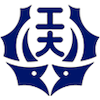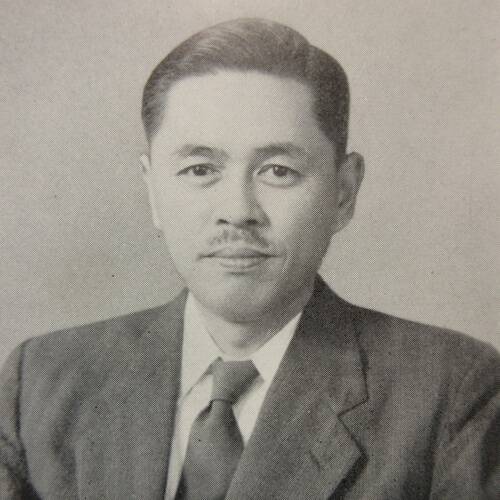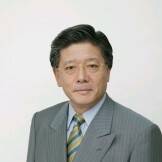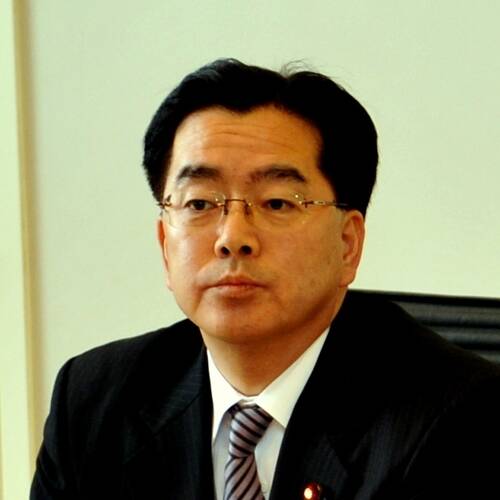Nagoya Institute of Technology: Statistics
Updated:


| Position | Category |
|---|---|
| #1082 of 14,131 | In the World |
| #265 of 5,830 | In Asia |
| #56 of 719 | In Japan |
| #3 of 20 | In Nagoya |
| #238 of 2,335 | For Pharmacy |
| Top50% | For 112 other topics |
Quick Review
- Acceptance rate
- 22%
- Type
- Non-profit
- Funding
- Public-private
partnership - Highest Degree
- Doctorate
- Website
- www.nitech.ac.jp
- Languages
- Japanese
Acceptance rate & Admissions
| Acceptance Rate | 22% |
|---|---|
| Admissions Requirements | Graduation from high school or equivalent, or foreign equivalent, and entrance examination |
| Academic Calendar | April - September; October-March |
We've calculated the 22% acceptance rate for Nagoya Institute of Technology based on the ratio of admissions to applications and other circumstantial enrollment data. Treat this information as a rough guide and not as a definitive measure of your chances of admission. Different programs may have significantly varying admissions rates.
Research profile
Nagoya Institute of Technology is a world-class research university with 31,834 scientific papers published and 371,272 citations received. The research profile covers a range of fields, including Engineering, Physics, Chemistry, Quantum and Particle physics, Materials Science, Organic Chemistry, Biology, Environmental Science, Computer Science, and Metallurgical Engineering.
Nagoya Institute of Technology majors
by publication & citation count
Annual publication & citation counts
| Year | Publications | Citations |
|---|---|---|
| 1992 | 401 | 1663 |
| 1993 | 381 | 1739 |
| 1994 | 361 | 1917 |
| 1995 | 404 | 2043 |
| 1996 | 441 | 2245 |
| 1997 | 471 | 2327 |
| 1998 | 461 | 2666 |
| 1999 | 476 | 2912 |
| 2000 | 618 | 3242 |
| 2001 | 646 | 3823 |
| 2002 | 1007 | 5024 |
| 2003 | 919 | 4928 |
| 2004 | 948 | 5742 |
| 2005 | 954 | 6464 |
| 2006 | 1015 | 7634 |
| 2007 | 1030 | 8523 |
| 2008 | 985 | 9283 |
| 2009 | 1024 | 10248 |
| 2010 | 1087 | 11374 |
| 2011 | 1013 | 13095 |
| 2012 | 1223 | 13719 |
| 2013 | 1103 | 14523 |
| 2014 | 1036 | 15843 |
| 2015 | 1097 | 15995 |
| 2016 | 1105 | 16628 |
| 2017 | 986 | 17299 |
| 2018 | 1054 | 18271 |
| 2019 | 1002 | 19620 |
| 2020 | 1060 | 22147 |
| 2021 | 957 | 23597 |
| 2022 | 916 | 24310 |
| 2023 | 996 | 24818 |
| 2024 | 770 | 23536 |
Programs and Degrees
| Gakushi | Engineering, Philosophy |
|---|---|
| Shushi | Engineering, Philosophy |
| Hakase | Engineering, Philosophy |
Notable alumni
-
Taiichi Ohno

- Occupations
- engineerinventorbusinesspersonindustrial engineer
- Biography
-
Ohno Taiichi was a Japanese industrial engineer and businessman. He is considered to be the father of the Toyota Production System, which inspired Lean Manufacturing in the U.S. He devised the seven wastes (or muda in Japanese) as part of this system. He wrote several books about the system, including Toyota Production System: Beyond Large-Scale Production.
-
Ryotaro Tanose

- Occupations
- politician
- Biography
-
Ryotaro Tanose is a retired Japanese politician of the Liberal Democratic Party, who served as a member of the House of Representatives in the Diet (national legislature). A native of Gojō, Nara and graduate of Nagoya Institute of Technology, he had served in the city assembly of Gojo for two terms since 1973 and the assembly of Nara Prefecture for two terms since 1983. After an unsuccessful run in 1990, he was elected to the House of Representatives for the first time in 1993. Tanose founded Nishiyamato Gakuen Junior High School and High School and the Nishiyamato Academy of California.
-
Yutaka Banno

- Occupations
- politician
- Biography
-
Yutaka Banno is a Japanese politician of the Constitutional Democratic Party, a member of the House of Representatives in the Diet (national legislature). A native of Nagoya, Aichi he attended Nagoya Institute of Technology both as undergraduate and graduate. Upon graduation, he joined Japanese National Railways in 1985 and JR Central in 1987 when Japanese National Railways was privatized. He left JR Central in 1994. In 2000 he was elected to the House of Representatives for the first time after an unsuccessful run in 1996.
Nagoya Institute of Technology faculties and divisions
| Department/Division : Architecture and Design | Architectural and Environmental Design, Architecture, Design, Environmental Engineering |
|---|---|
| Department/Division : Civil Engineering and Systems Management | Civil Engineering, Environmental Engineering, Town Planning, Transport Engineering |
| Department/Division : Computer Science | Computer Networks, Computer Science |
| Department/Division : Electrical and Electronic Engineering | Electrical and Electronic Engineering |
| Department/Division : Environmental and Materials Engineering | Environmental Engineering, Materials Engineering, Nanotechnology |
| Department/Division : Life and Materials Engineering | Applied Chemistry, Biochemistry, Bioengineering, Materials Engineering, Molecular Biology, Polymer and Plastics Technology |
| Department/Division : Mechanical Engineering | Applied Mathematics, Applied Physics, Computer Engineering, Computer Science, Energy Engineering, Measurement and Precision Engineering, Mechanical Engineering |
| Graduate School : Engineering | Engineering |
General information
| Alternative names | NIT 名古屋工業大学 |
|---|---|
| Founded | 1905 |
| Accreditation | Ministry of Education, Culture, Sports, Science and Technology (MEXT) |
Location and contacts
| Address | Gokiso-cho, Showa-ku Nagoya-shi, Aichi, 466-8555 Japan |
|---|---|
| City population | 2,327,000 |

